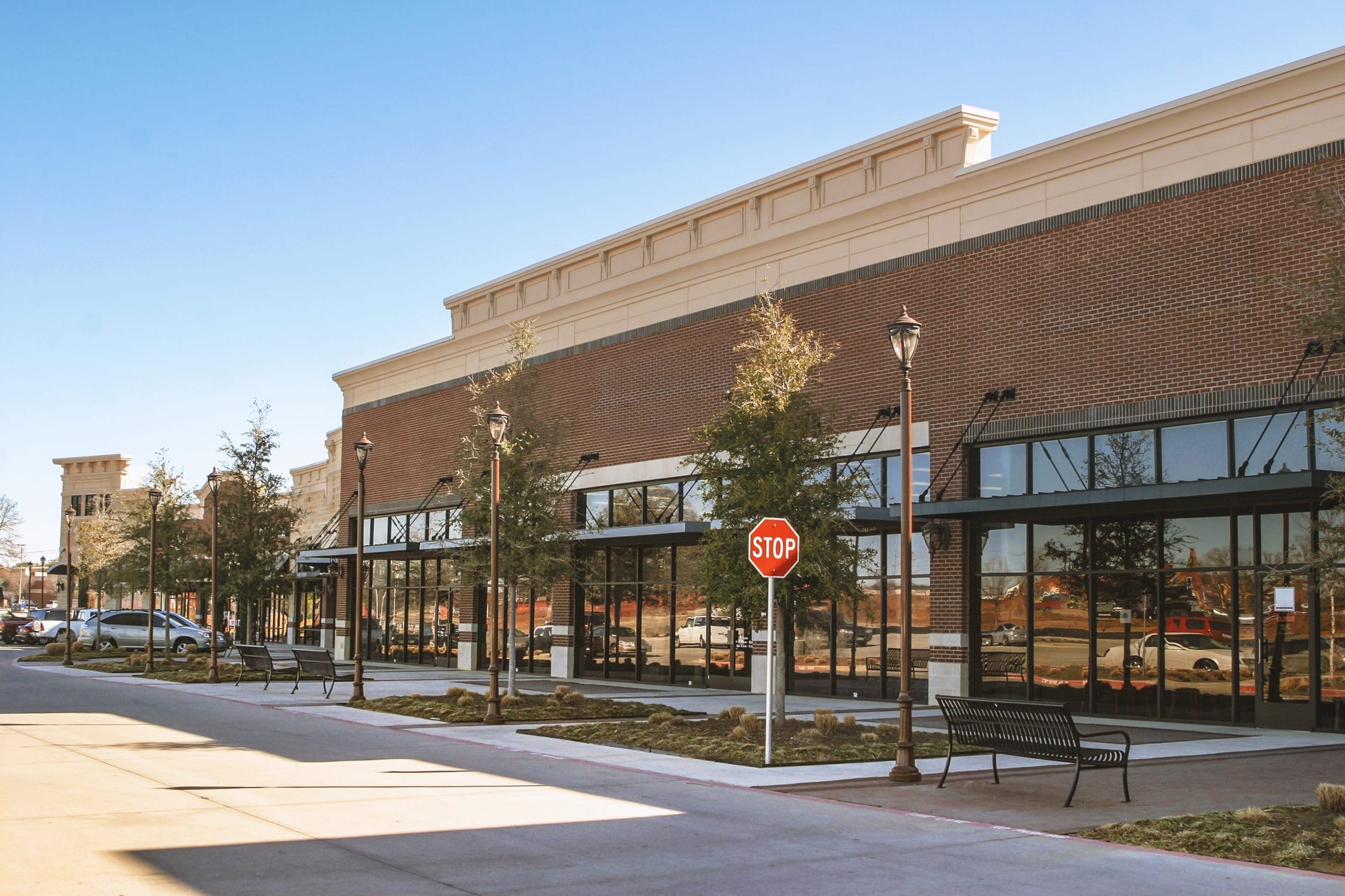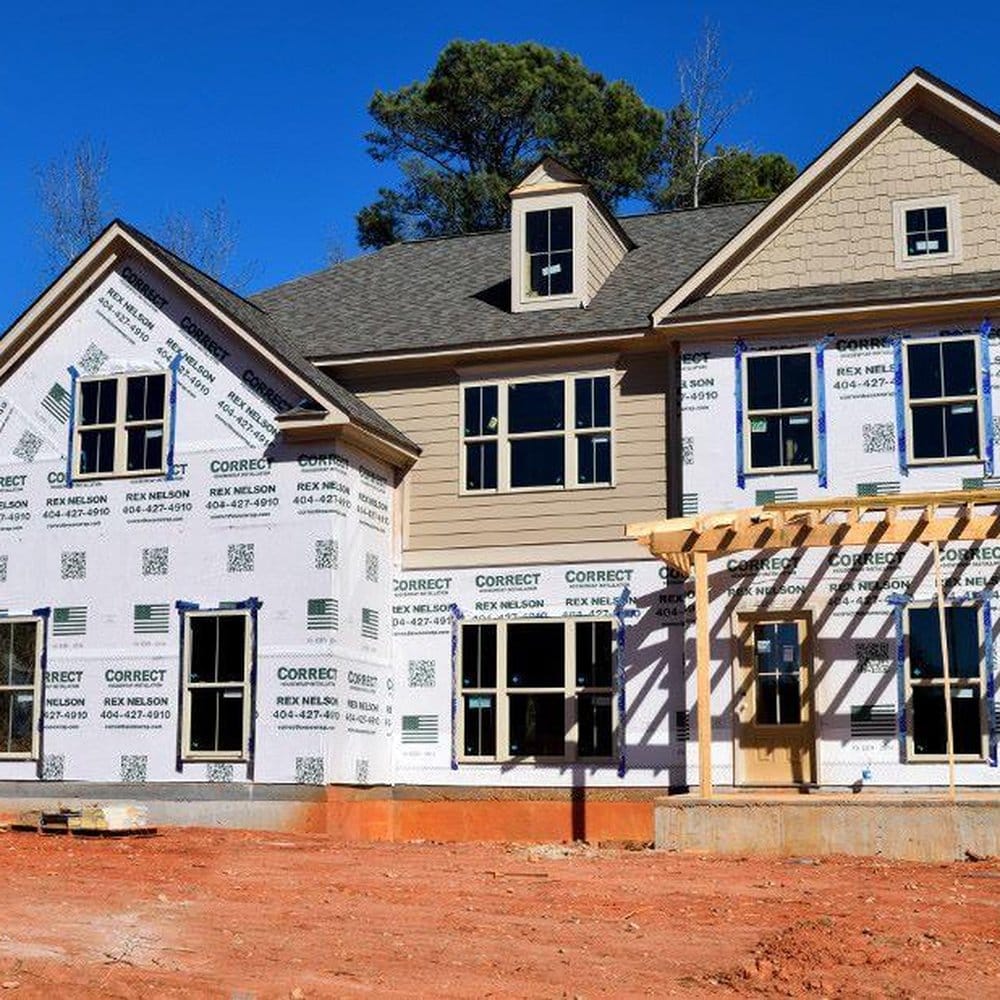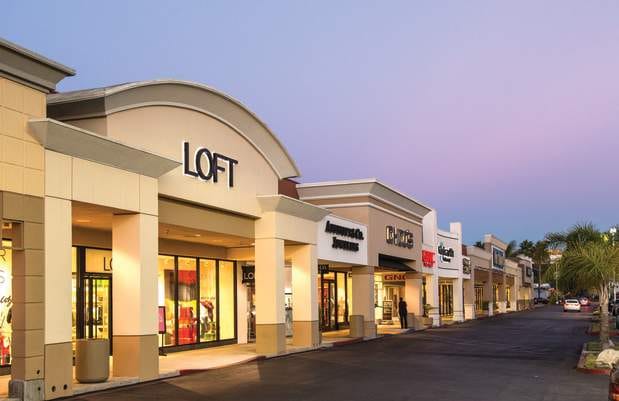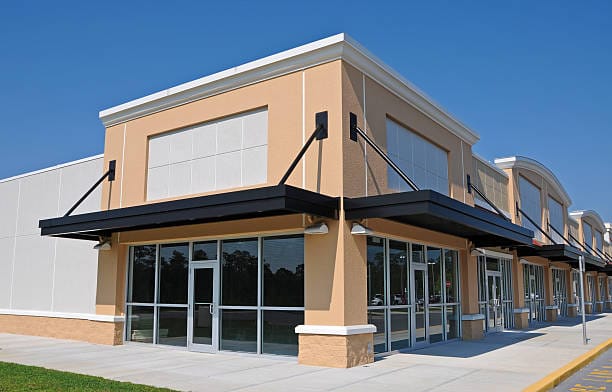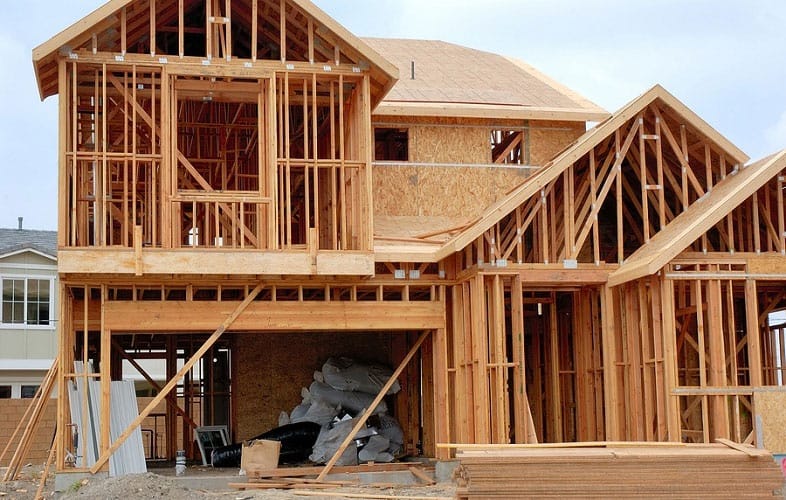
As the world continues to evolve, so too does the way we live in our homes. With advancements in technology, changing environmental factors, and shifting lifestyle preferences, future-proofing a modern home has become more important than ever. Future-proofing doesn’t just mean ensuring your home meets today’s needs—it’s about anticipating the needs of tomorrow. Here’s how you can build a home that will stand the test of time.
1. Incorporate Smart Home Technology
Smart home devices are revolutionizing the way we interact with our living spaces. Future-proofing your home begins with integrating smart technology that can adapt and evolve as new innovations emerge. This includes smart lighting, thermostats, security systems, and even voice-activated assistants. Wiring your home for easy installation of future tech upgrades, such as automated window blinds or smart appliances, will ensure that your home stays current with emerging trends without requiring extensive renovations.
2. Design with Sustainability in Mind
Sustainability is no longer just a trend—it’s a necessity for the future of our planet and our homes. Future-proofing involves using energy-efficient materials, solar panels, and water-saving systems to reduce your home’s environmental footprint. Opt for high-performance insulation, double-glazed windows, and eco-friendly building materials to ensure that your home remains energy-efficient and cost-effective for years to come.
Additionally, consider implementing sustainable landscaping practices, like drought-resistant plants and rainwater harvesting systems, to further enhance your home’s environmental resilience.
3. Create Flexible and Adaptable Spaces
As families grow and lifestyles change, the layout of a home needs to be flexible to accommodate these shifts. Design rooms with adaptability in mind—think multi-functional spaces that can evolve as your needs change. For example, a home office might need to transform into a guest bedroom or a playroom into a fitness area. Adjustable walls, open floor plans, and modular furniture are great ways to ensure that your space can adapt as necessary.
4. Invest in High-Quality Infrastructure
A key element in future-proofing your home is ensuring that its infrastructure can handle future advancements. This means installing high-quality plumbing, electrical, and HVAC systems that can support emerging technologies like electric vehicles (EVs), solar power, and home automation systems. Also, make sure to future-proof the home’s network wiring and ensure a strong, secure Wi-Fi infrastructure to support smart devices and high-speed internet needs.
5. Prepare for Climate Resilience
As climate change becomes an increasing concern, homes will need to be more resilient against extreme weather conditions. Whether it’s hurricanes, floods, or intense heatwaves, future-proofing your home for climate resilience is essential. Invest in durable materials that can withstand harsh weather, such as impact-resistant windows, reinforced roofing, and flood-proof foundations. Additionally, consider landscape modifications to manage stormwater and prevent flooding around your home.
6. Embrace Universal Design
Universal design focuses on creating spaces that are accessible and functional for people of all ages and abilities. Whether you’re planning for aging-in-place or accommodating guests with mobility challenges, it’s important to integrate universal design principles into your home’s layout. This includes wider doorways, non-slip flooring, lower countertops, and accessible bathrooms. By making your home universally accessible, you’ll ensure that it meets the needs of future generations.
Conclusion
Building a future-proof home is about more than just following trends; it’s about creating a space that is flexible, sustainable, and ready for whatever the future holds. By incorporating smart technologies, sustainable building materials, adaptable designs, and climate-resilient features, you can ensure that your home remains a comfortable, efficient, and valuable space for years to come. Future-proofing is an investment in the long-term quality of your home and your quality of life—one that will continue to pay off well into the future.

